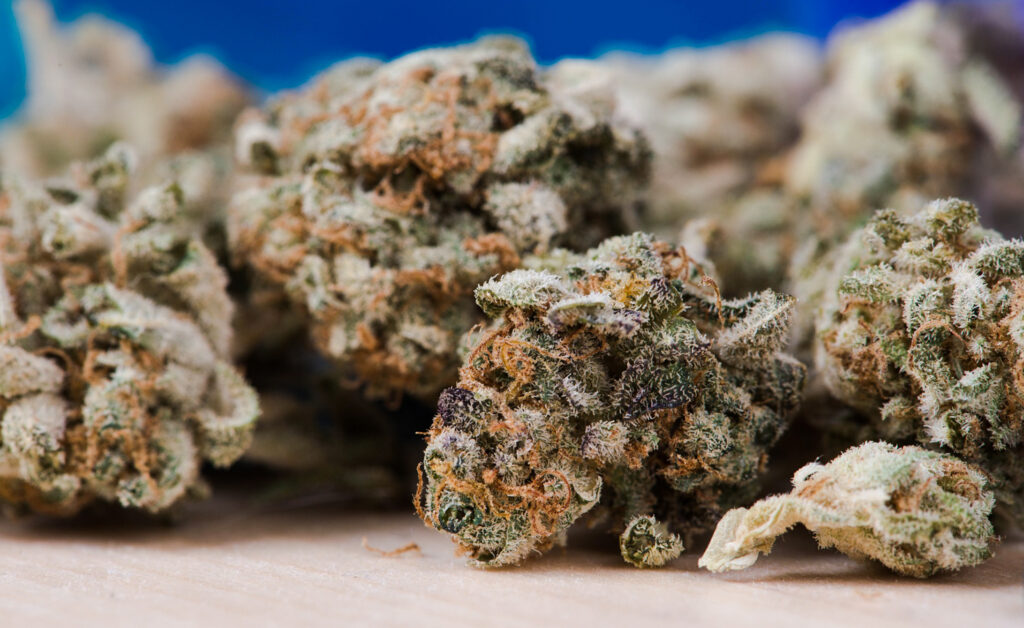All about the Plant
Cannabis contains over 80 different compounds called cannabinoids, which have various effects on the human body and brain. The most well-known cannabinoids are tetrahydrocannabinol (THC), which is responsible for the psychoactive effects of cannabis, and cannabidiol (CBD), which has anti-inflammatory, anti-epileptic, and neuroprotective properties.
In the past few decades, there has been a growing interest in the potential benefits of cannabis and its derivatives for treating various medical conditions, such as chronic pain, nausea, epilepsy, multiple sclerosis, glaucoma, and cancer. However, there are also challenges and barriers to conducting research on cannabis and developing cannabis-based medicines, such as legal restrictions, social stigma, quality control, and safety issues.
In this blog post, we will review some of the recent developments in cannabis medicine, both in terms of scientific evidence and regulatory frameworks. We will also discuss some of the future directions and opportunities for advancing this field of research and practice.
Scientific evidence
One of the most significant breakthroughs in cannabis medicine was the approval of Epidiolex by the US Food and Drug Administration (FDA) in 2018. Epidiolex is a highly purified CBD extract that is used to treat seizures associated with two rare and severe forms of epilepsy: Lennox-Gastaut syndrome and Dravet syndrome. Epidiolex is the first cannabis-derived drug product to be approved by the FDA, and it has shown to be effective and well-tolerated in clinical trials.
Another area of research that has shown promising results is the use of cannabis and cannabinoids for pain management. Several studies have suggested that cannabis and cannabinoids can reduce pain intensity, improve sleep quality, and enhance quality of life in patients with chronic pain conditions, such as neuropathic pain, cancer pain, and fibromyalgia. Cannabis and cannabinoids may also have synergistic effects with opioids, allowing for lower doses and reduced side effects.
Other potential therapeutic applications of cannabis and cannabinoids include:
- Nausea and vomiting: Cannabis and synthetic cannabinoids (such as dronabinol and nabilone) have been approved by the FDA for treating nausea and vomiting caused by chemotherapy. They may also be useful for other causes of nausea, such as HIV/AIDS or gastroparesis.
- Multiple sclerosis: Cannabis and cannabinoids may help with spasticity, muscle spasms, pain, bladder dysfunction, and sleep disturbances in patients with multiple sclerosis. Sativex, a mouth spray containing THC and CBD, has been approved in several countries for treating spasticity in multiple sclerosis.
- Glaucoma: Cannabis and cannabinoids may lower intraocular pressure in patients with glaucoma, a condition that can lead to blindness. However, the effects are short-lived and may not outweigh the risks of smoking or systemic exposure.
- Cancer: Cannabis and cannabinoids may have anti-tumor effects by inhibiting cell growth, inducing apoptosis, and modulating immune responses. They may also help with appetite stimulation, weight gain, mood improvement, and palliative care in cancer patients.
Regulatory frameworks
The legal status of cannabis and its derivatives varies widely across countries and regions. Some countries have legalized cannabis for medical use only (such as Canada, Germany, Israel), some have legalized it for both medical and recreational use (such as Uruguay, Canada), some have decriminalized it or adopted a policy of tolerance (such as Portugal, Netherlands), and some have prohibited it entirely (such as China, Saudi Arabia).
The regulation of cannabis medicine involves several aspects, such as:
- Licensing: The production, distribution, prescription, dispensing, and possession of cannabis and its derivatives may require licenses from different authorities depending on the jurisdiction.
- Quality control: The quality, purity, potency, consistency, labeling, packaging.
Cannabis as medicine is a controversial topic that has both advantages and disadvantages. Cannabis and its components, the cannabinoids, can be prescribed by doctors for their patients. Cannabis can help with a variety of conditions, such as nausea and vomiting from chemotherapy, chronic pain, and muscle spasms. There are various forms of cannabis medicines, such as capsules, lozenges, tinctures, patches, oral sprays, or edible products. Some cannabinoids are also available as synthetic medications.
However, cannabis as medicine also has risks and side effects. In the short term, cannabis can cause dizziness, fatigue, vomiting, and hallucinations. In the long term, the effects of cannabis are not yet clear. There are concerns that cannabis can cause memory and thinking problems, addiction, schizophrenia in young people, or accidental ingestion by children. The use of cannabis as medicine is also restricted by law and requires strict control and monitoring.





